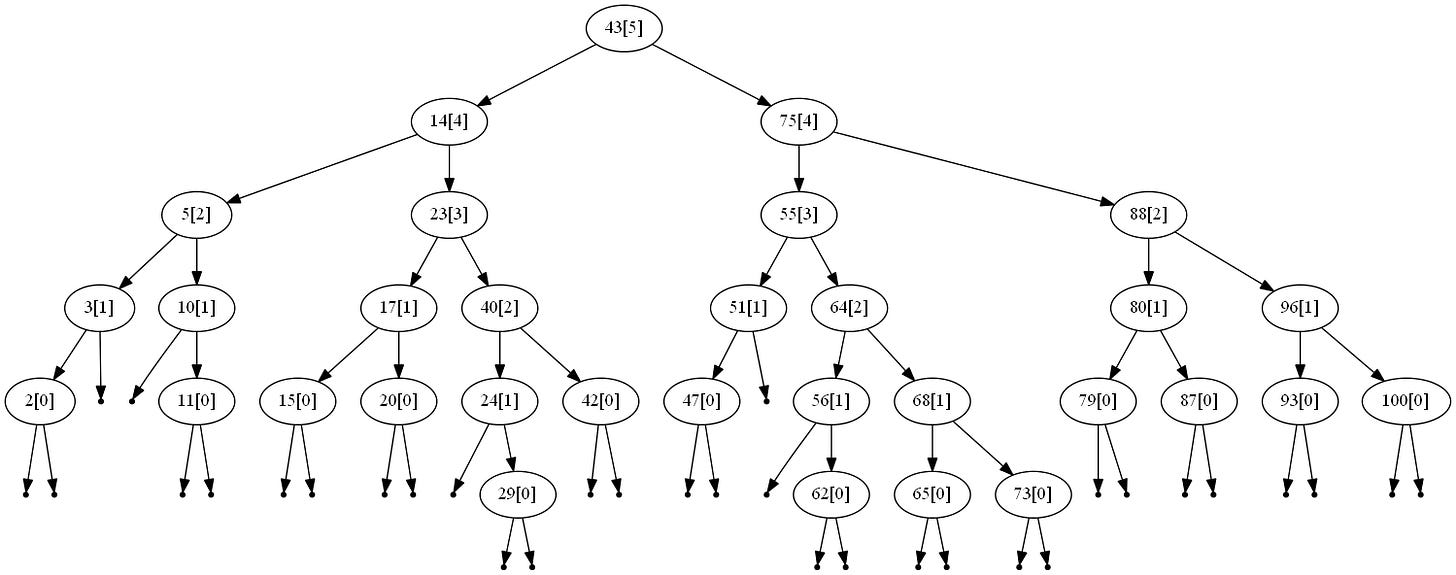A startup CEO's job as a binary decision tree
How an engineer looks as being a CEO
As a two time former CEO of tech startups and current Managing Partner of a small business, I deeply understand the pressure, intensity, and roller coaster ride of the role. I could write a book on all of the complexities and intricacies that go into being a CEO, especially when, as I did, you are also a direct contributor to the code and product on a day to day basis. The immense pressure to keep your company funded and operating so that you can keep your employees paid, their families and children fed and in good health, and the company afloat takes a serious toll.
So I learned a way of looking at the job that made the most important part of the role easier to understand and digest. At my second company which became quite successful, as my role became larger and larger, I realized the role of the CEO is mostly to make decisions. As they say, “the buck stops with you.” Your job is to listen to guidance, evaluate all of the information, and be the “executive”. You’d be surprised how few other people are willing to put their neck out and make decisions so in the end, it’s frequently up to you. Small or large, you end up making hundreds of decisions, generally many a day.
Sibble & Associates provide technical due diligence services to VC firms as well as angel investors and offers the ability to build prototypes, MVP's, and provide fractional CTO services to startups, all under one roof, ensuring that our clients have the ability to bring their technical concept to fruition.
What I realized is that a good way to look at this was every single decision was almost irreversible so it was important to consider each one importantly. And with each decision, we were putting the company on a certain path. An excellent way of looking at it was as a binary tree, as illustrated below.
Each decision put the company into a different state that would either lead to some form of success or failure. And unfortunately, you really had no idea which ideas were the important ones. You could more or less guess but as I learned over the years, sometimes what seemed like inconsequential decisions at the time actually had dramatic effects in the long term.
So I took a very critical approach to each decision. I considered one thing:
“Which of the options in this decision is most likely to lead to the success of the company?”
That was it. As because at the end of each of these trees was either success or failure and you never knew which decision further up the tree made that determination for you.
Approaching decision making daily with this in mind as an early stage CEO helped me better understand my role and better execute, in the end leading to a successful company my 2nd time around.
I should of course point out that as your company scales, you do not so your ability to delegate decision making and ability to trust in the people making decision will be crucial. That will be the topic of an upcoming post.
I hope this helps you understand both what it’s like being an early stage startup CEO and if you ever become one, a good way of thinking about your role.
George Sibble
Managing Partner
Sibble & Associates


